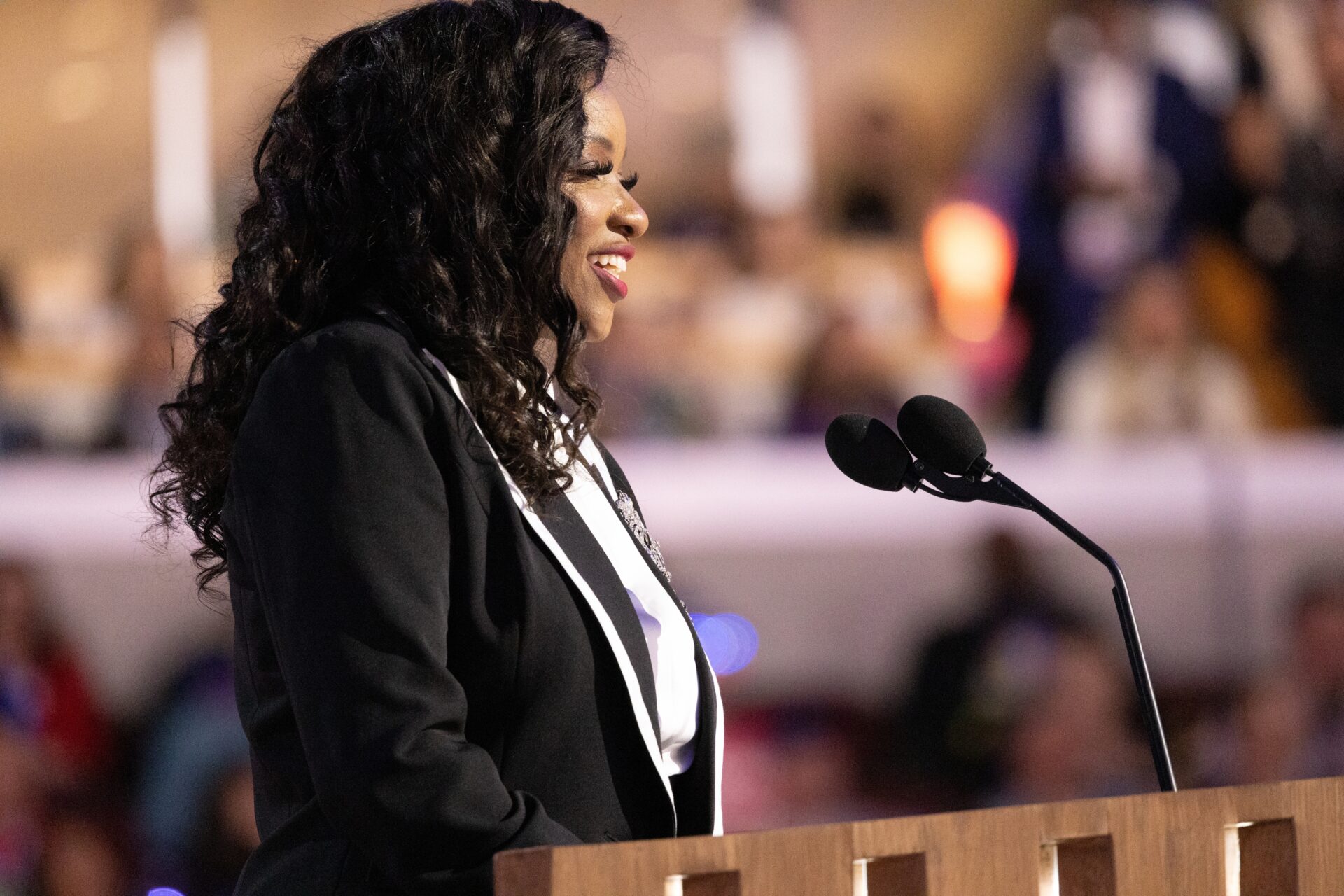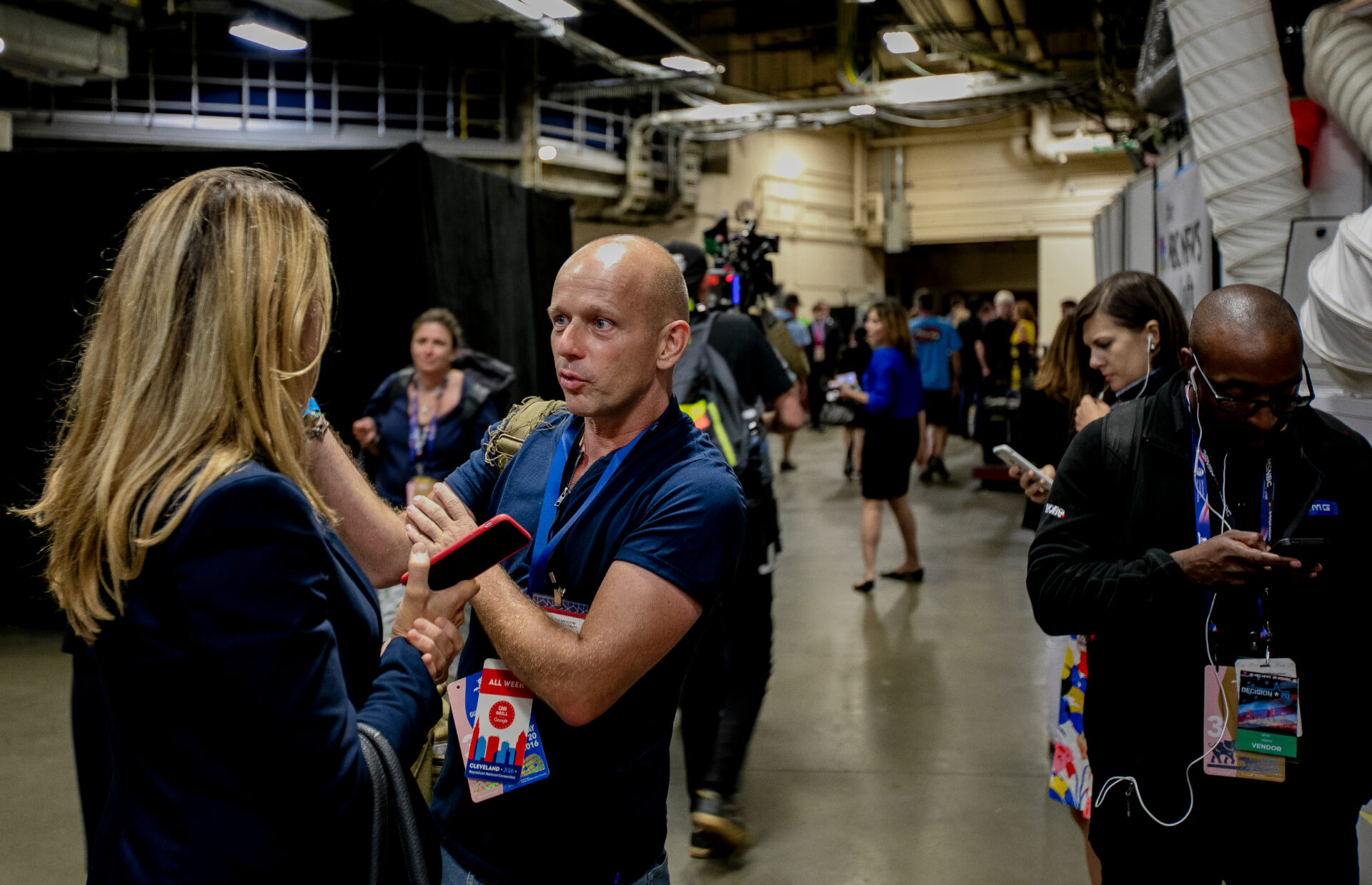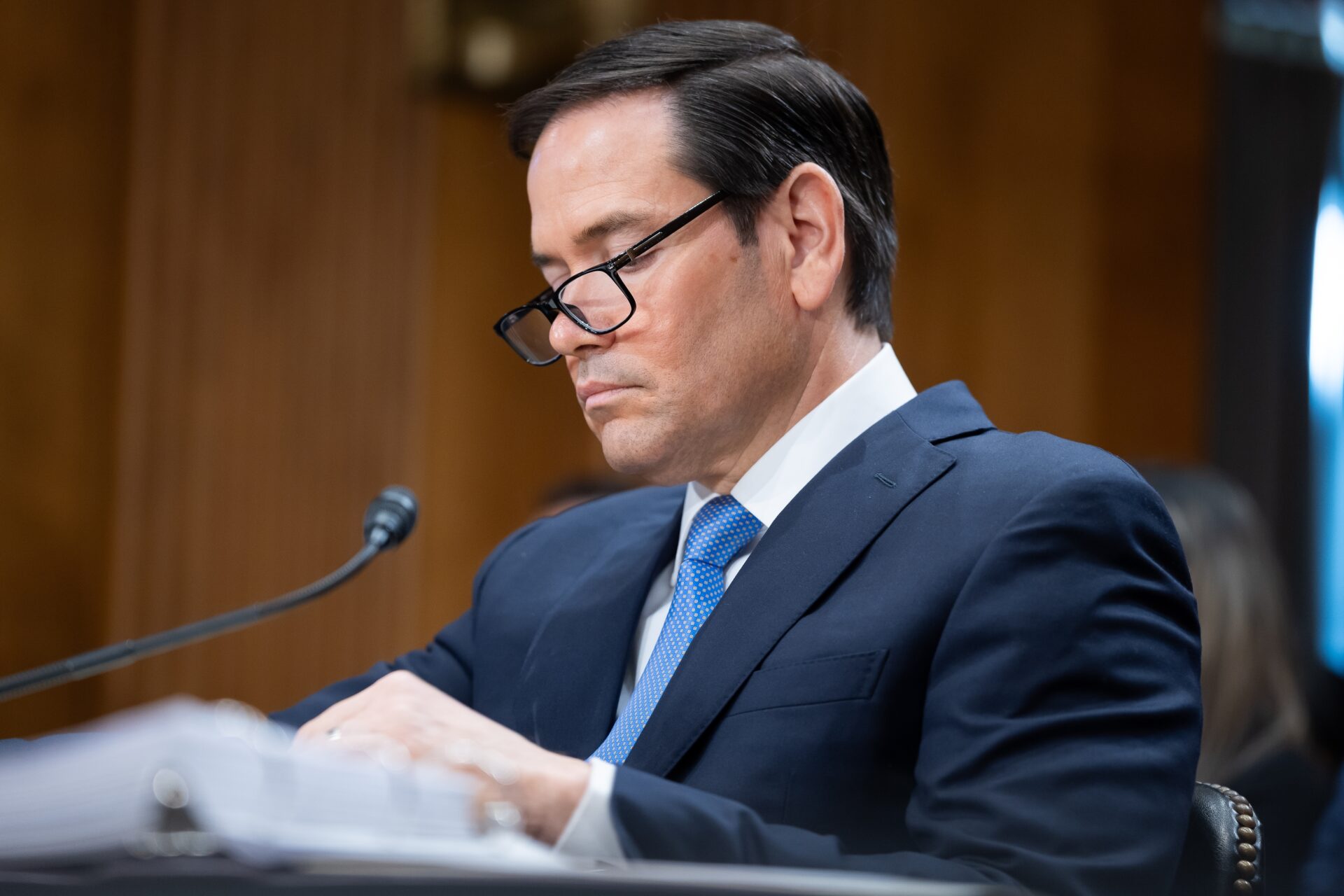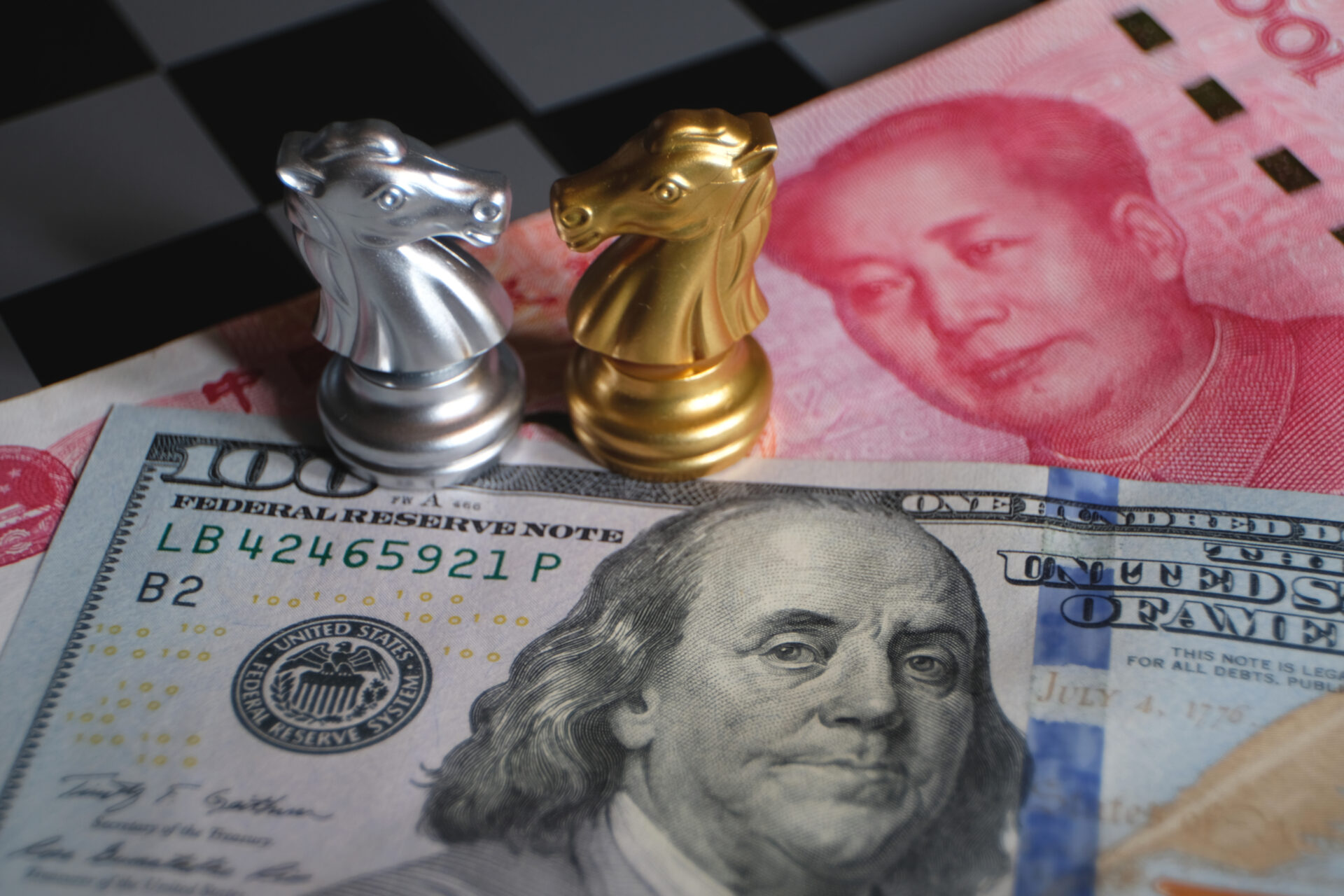
Crockett TARGETS SCOTUS With Ethics Proposal?!
Rep. Jasmine Crockett’s proposal for Congress to impose ethics rules on the U.S. Supreme Court has drawn warnings from legal experts and justices over potential constitutional violations and risks to judicial independence.
At a Glance
- In August 2025, Rep. Jasmine Crockett criticized the Supreme Court’s lack of enforceable ethics rules at a public event.
- She accused justices of corruption and called for congressional action to implement formal oversight.
- Legal experts affirm that Congress cannot impose ethics rules on the Court without a constitutional amendment.
- The proposal raises separation-of-powers concerns under Article III of the U.S. Constitution.
- The debate underscores growing partisan divisions over the role and legitimacy of American institutions.
Ethics Controversy and Crockett’s Challenge
At an August 2025 MoveOn event in Phoenix, Texas Representative Jasmine Crockett delivered a speech accusing the U.S. Supreme Court of lacking accountability and enabling political misconduct. Her comments, which included pointed language against former President Donald Trump and his Republican allies, rapidly circulated online, igniting controversy across political lines. Crockett’s remarks focused on perceived ethical lapses by Supreme Court justices, particularly regarding undisclosed gifts and potential conflicts of interest.
Watch now: Jasmine Crockett Flips the Script on Chief Justice Roberts in Fiery Ethics Clash · YouTube
Crockett called for Congress to enact binding ethics rules for the Supreme Court, arguing that current voluntary measures are insufficient. Progressive advocates supported her appeal, citing recent allegations involving Justices Clarence Thomas and Samuel Alito. However, critics from legal and judicial communities raised immediate constitutional concerns, emphasizing the autonomy of the judicial branch under Article III.
Constitutional Constraints on Oversight
The U.S. Constitution outlines a clear separation of powers among the legislative, executive, and judicial branches. While lower federal courts are subject to the Judicial Conference’s Code of Conduct, the Supreme Court remains exempt from external regulation. Justices have historically resisted congressional efforts to impose oversight, viewing them as a threat to the Court’s independence.
Legal scholars widely agree that Congress cannot compel the Court to adopt binding ethics rules without a constitutional amendment. Past proposals for such legislation have stalled due to these legal limitations. In 2023, the Court adopted a voluntary code of conduct, but critics dismissed it as lacking enforcement mechanisms. Justice Samuel Alito and others have publicly stated that legislative mandates would breach constitutional boundaries.
Institutional Tensions and Political Fallout
Crockett’s high-profile remarks have intensified debates over the legitimacy and authority of American institutions. Progressive groups argue that the Supreme Court’s current structure permits unaccountable behavior, while conservative commentators see Crockett’s actions as part of a broader campaign to politicize the judiciary. The controversy has become a rallying point for both sides, reflecting deeper ideological divides in national discourse.
Analysts caution that efforts to reform the Court through congressional action—absent constitutional changes—may further erode trust in the judiciary. Critics warn that such initiatives, even if well-intentioned, risk delegitimizing the Court by framing it as a partisan body. Supporters of judicial independence maintain that any reform must occur within constitutional limits to preserve institutional stability.
Expert Consensus and Reform Outlook
Most constitutional experts agree that meaningful reform of Supreme Court ethics requires either voluntary adoption of stricter internal rules or a constitutional amendment. While public pressure has led to greater transparency in some areas, the structure of judicial oversight remains fundamentally unchanged. The debate has highlighted a disconnect between public expectations and constitutional constraints.
Crockett’s comments, though energizing to certain constituencies, are unlikely to result in immediate policy shifts. However, the incident underscores ongoing tensions between reformist momentum and constitutional safeguards. As legislative efforts remain constrained, the conversation around Supreme Court ethics is expected to continue, framed by broader concerns about accountability, legitimacy, and the limits of political power.
Sources
Congress.gov
The Guardian
The Daily Beast
YouTube
Yahoo News


